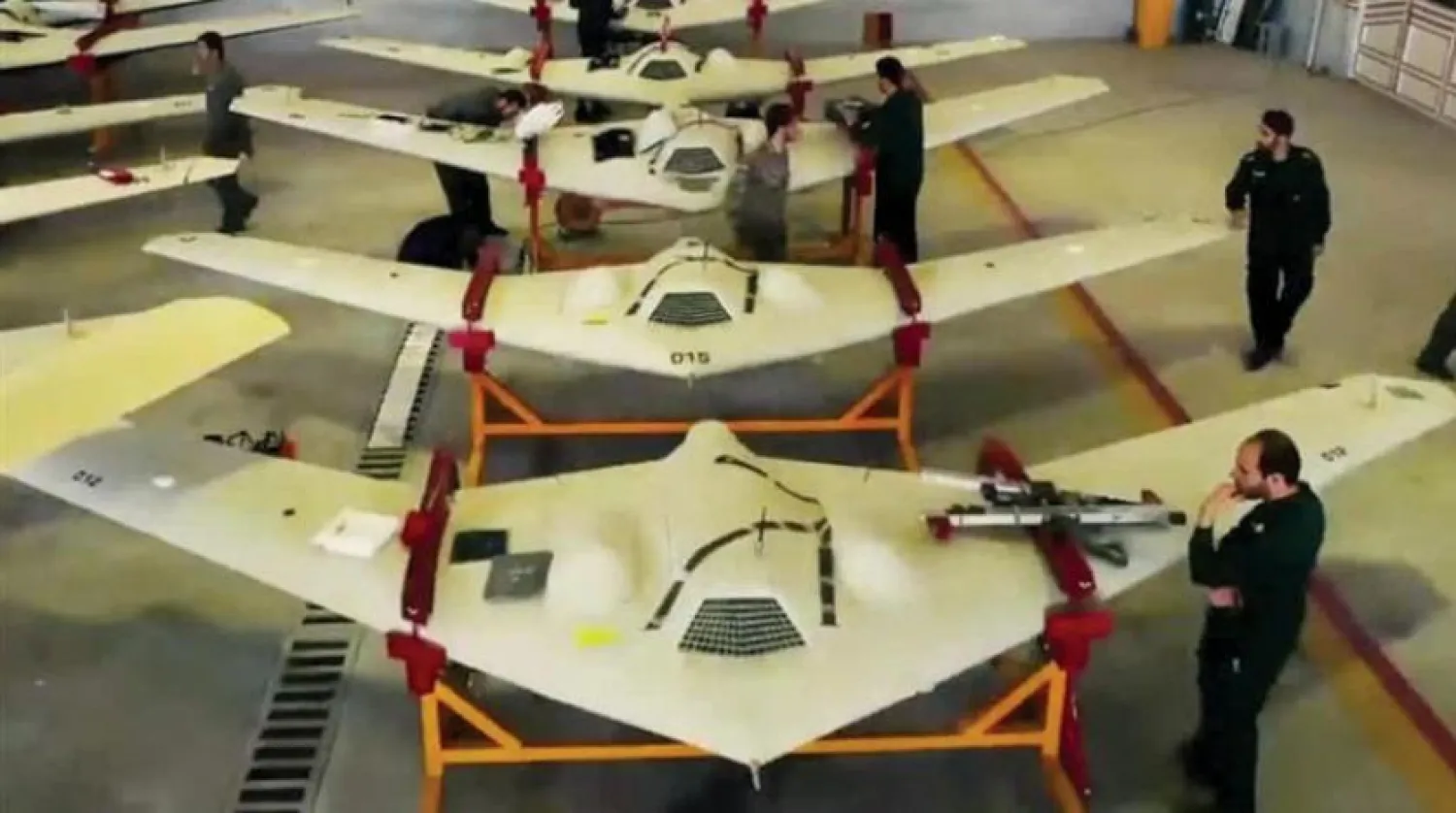The US House Foreign Affairs Committee passed a bipartisan bill that would ban the supply, sale, or transfer of military drones to or from Iran under US law.
The bill promises to punish those who deal with the Iranian regime in the drones' program under the US Sanctions on conventional weapons.
The Stop Iranian Drones Act (SIDA) is supposed to be put before the House of Representatives for a vote before it is presented to the Senate and becomes an effective law for the US administration.
In late November, the bill was introduced by a group of Republicans and Democrats, led by House Foreign Affairs Committee Chairman Gregory Meeks.
The lawmakers behind the proposed legislation say it clarifies that US sanctions on Iran's conventional weapons program under the Countering America's Adversaries Through Sanctions Act (CAATSA) include the supply, sale, or transfer to or from Iran of drones, which can be used in attacks against the US or its allies.
Rep Meeks pointed out that the "deadly drones in the hands of the world's greatest exporter of terrorism, Iran, jeopardizes the security of the United States and regional peace."
He asserted that the recent Iranian drone attacks on US troops, commercial shipping vessels, and against regional partners, along with the export of drone technology to conflict zones, pose a dire threat.
The Democratic representative stressed that the bill sends a strong signal to the international community that support for the Iranian drone program will not be tolerated by the US government.
In October, the US Treasury Office of Foreign Assets Control imposed sanctions on Iranian members working within a network of companies and individuals who supported Iran's drone programs.
The US Treasury Department issued sanctions against a pair of companies and a handful of individuals for supporting unmanned systems for the Revolutionary Guard Corps and its al-Qods Force. Among those sanctioned are Brig. Gen. Saeed Aghajani and top IRGC official Abdallah Mehrabi.
The department said that IRGC-Quds Force provided "lethal support" to Tehran's drone program. It said they helped spread Iranian drones to "Hezbollah, Hamas, Kata'ib Hizballah, the Houthis, and to Ethiopia."
"Iran's proliferation of UAVs across the region threatens international peace and stability. Iran and its proxy militants have used UAVs to attack US forces, our partners, and international shipping," added the department.
"The Treasury will continue to hold Iran accountable for its irresponsible and violent acts."
Ranking Member Michael McCaul warned that Iran's UAV proliferation threatens the US and its allies throughout the Middle East.
McCaul said that "these attacks are intolerable" whether Iran launches the attack, the Houthis, Iran-backed militia groups, or any other Iran-sponsored entities.
"The people of the Middle East, including Americans living there, cannot live in freedom, stability, or prosperity under assault by Iran's drones," said Rep McCaul.
The steps taken by the lawmakers come as the United States and Iran conduct their indirect negotiations in Vienna, aiming for a return to the 2015 nuclear deal.
Republicans in the US Congress intensified their moves against the steps taken by the Biden administration towards Iran, demanding a more assertive and aggressive role in dealing with the Iranian regime.









